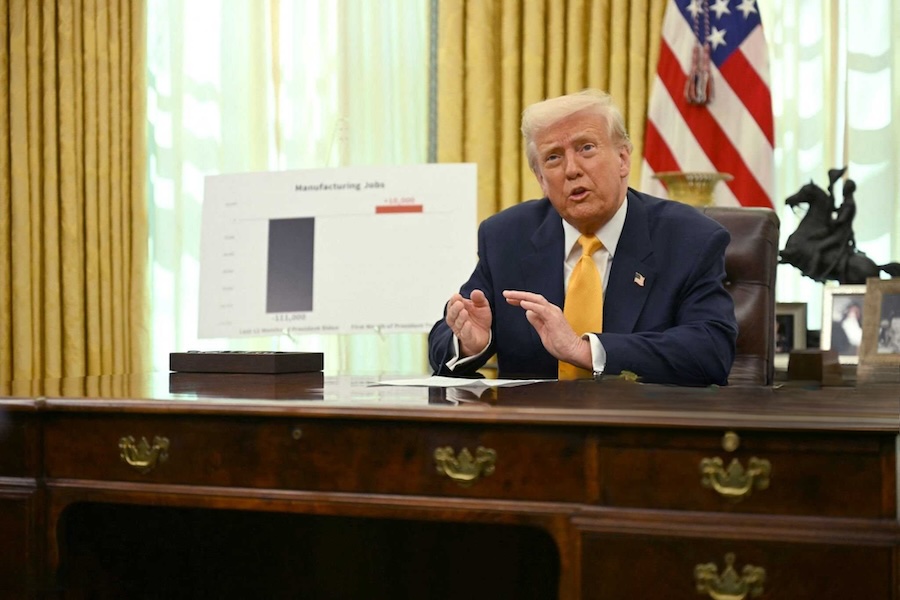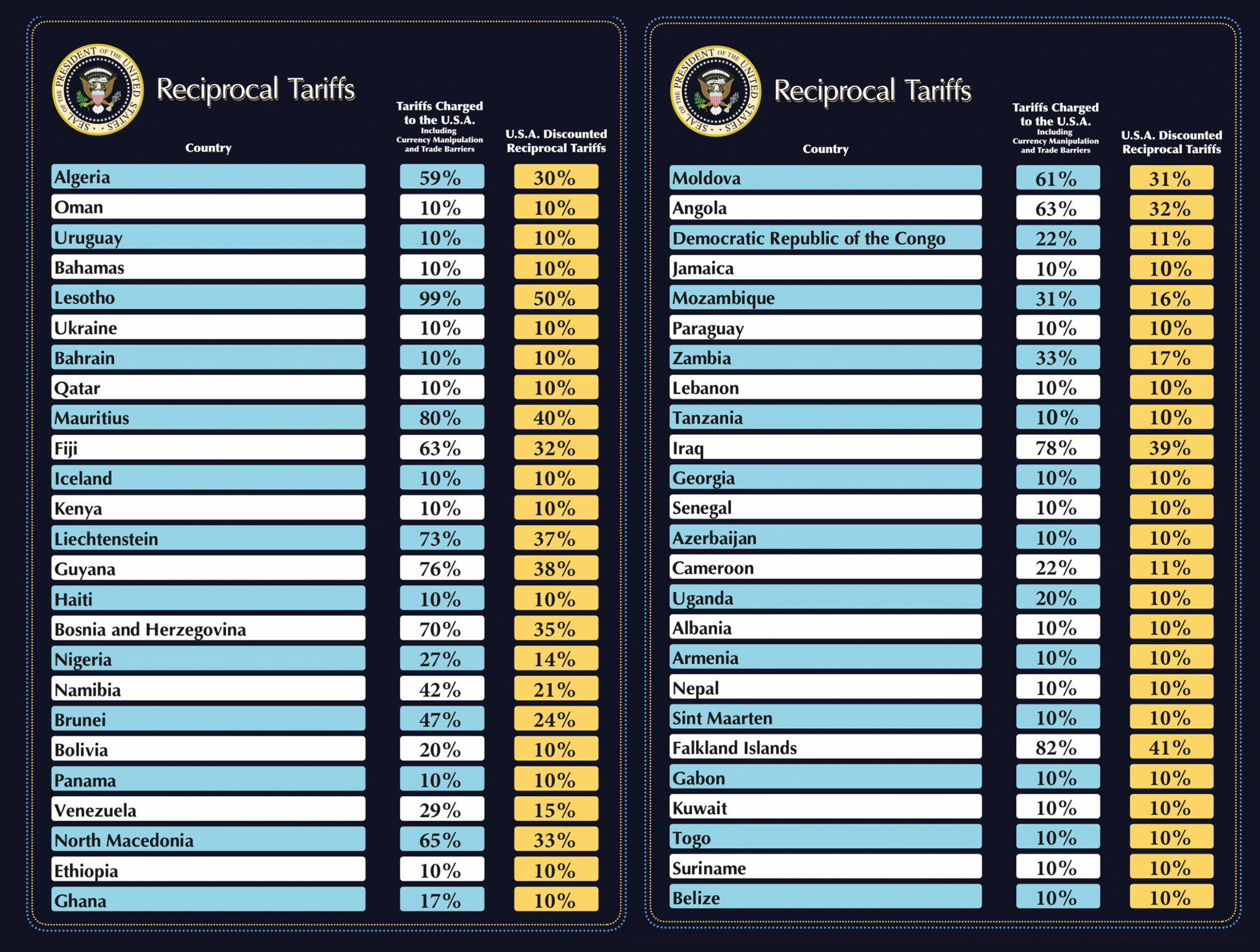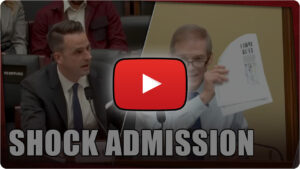Politics
JUST IN: Trump Announces Reciprocal Tariffs On Over 100 Countries: ‘Liberation Day’

President Donald Trump on Tuesday announced a broad new tariff initiative targeting over 50 countries, describing the move as a long-overdue correction to what he called decades of unfair trade practices. The announcement, which the administration dubbed “Liberation Day,” marks one of the most aggressive trade shifts of Trump’s second term.
In a post on Truth Social shortly after 7 a.m., the president wrote, “It’s Liberation Day in America!” Later in the day, the official White House account echoed the sentiment, posting: “LIBERATION DAY RECIPROCAL TARIFFS 🇺🇸.”
The plan sets a baseline 10 percent tariff on all imports into the United States, with higher rates applied to nations the administration says have historically imposed excessive duties or currency manipulation practices.
The new tariff policy imposes a baseline 10 percent tariff on all imports into the United States, while levying significantly higher rates on countries that have long imposed steep duties or trade barriers on American goods. Imports from China will now face a 34 percent tariff, goods from the European Union will be taxed at 20 percent, and Japanese exports will see a 24 percent rate.
In a move that is already generating strong reaction from the auto industry, a 25 percent tariff on all foreign-made automobiles will go into effect on April 3.

via The White House
Speaking from the White House, President Trump criticized decades of U.S. foreign policy and trade agreements, saying, “Our country has been looted, pillaged, raped, plundered” by other nations.
“Taxpayers have been ripped off for more than 50 years,” Trump added. “But it is not going to happen anymore.”
“We will charge them approximately half of what they are and have been charging us. So, the tariffs will be not a full reciprocal.”
He clarified that the new rate includes “the combined rate of all their tariffs, non-monetary barriers and other forms of cheating.”

via The White House
In his second term, President Trump has intensified his protectionist trade policies by imposing extensive tariffs aimed at promoting U.S. manufacturing and addressing trade imbalances.
The administration justifies these measures by citing a national economic emergency under the 1977 International Emergency Economic Powers Act, aiming to protect American industries and jobs. Proponents argue that such tariffs will encourage domestic production and reduce reliance on foreign manufacturing.
In an October 2024 interview, Trump stated, “The higher the tariff, the more likely it is that the company will come into the United States, and build a factory in the United States so it doesn’t have to pay the tariff.”
Trump has also downplayed concerns regarding potential inflationary effects of tariffs. He has suggested that the immediate impact on consumer prices would be mitigated by the swift relocation of manufacturing operations to the U.S., facilitated by imposing “so high, so horrible, so obnoxious” tariffs that companies would move production “right away.”
Trump has linked tariff implementations to policy objectives, such as addressing illegal immigration and drug trafficking. In November, he announced plans to impose a 25% tariff on all imports from Canada and Mexico until these countries took action to curb the flow of illegal drugs and migrants into the U.S.
SUGGESTED VIDEOS FOR YOU
Sen. Kennedy SPILLS THE BEANS on Biden’s $2 billion GIFT to Stacey Abrams!
Ex-FBI agent ADMITS THE TRUTH about Biden laptop during Jordan grilling!
“CHECKMATE”; What EVERYONE missed from Trump’s tariff launch!
Amy Klobuchar MELTS DOWN during fiery debate with Ted Cruz!
BOMBSHELL: Elon proves Biden used loophole to GIVE ILLEGALS VOTES!
Help Us ERADICATE The Left Wing Media By Subscribing To Our YouTube Channel!
Subscribe for Daily Reporting on the Trump Administration & Always Receive the Truth!







